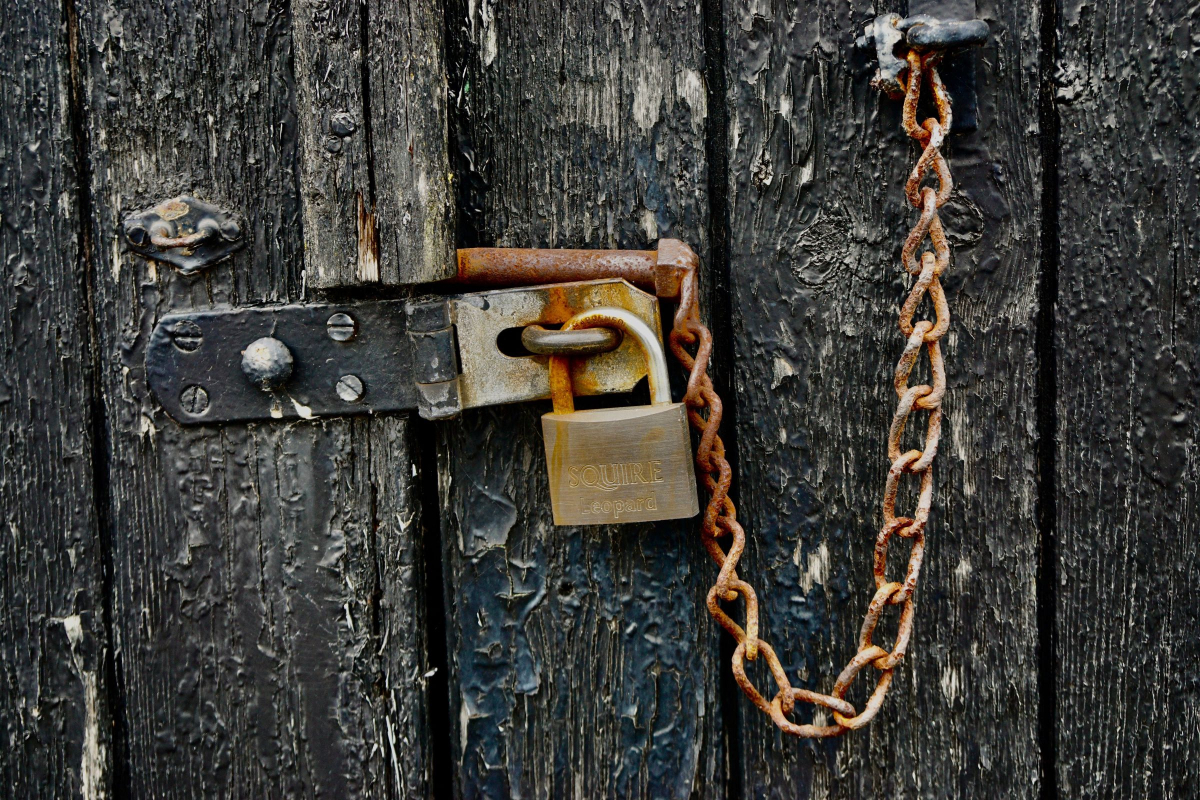In a democratic society, the principle of open justice and public trials is fundamental to ensuring transparency, accountability, and the protection of individual rights. However, when key evidence is classified due to national security concerns, striking a balance between these principles can be a challenging task. This article explores the complexities and potential approaches to holding public trials when crucial evidence is classified.
- Classification review and redaction:
To begin with, a meticulous classification review process is crucial. Independent experts, possessing necessary security clearances, should assess the evidence and determine its potential impact on national security. Through redaction, sensitive information can be withheld, allowing for a public trial while still safeguarding classified details. By striking a balance between transparency and national security, this approach protects both the accused’s right to a fair trial and the state’s duty to protect classified information.
- Special security measures:
Public trials involving classified evidence may necessitate enhanced security measures. These can include secure facilities, restricted access, and stringent vetting of attendees. Implementing advanced encryption technologies during the trial proceedings can help prevent unauthorized access to sensitive information. By taking appropriate precautions, the risk of compromising classified evidence can be minimized while maintaining the integrity of the trial process.
- Trusted counsel and experts:
Ensuring a fair and just trial requires expert legal representation for both the defense and the prosecution. In cases involving classified evidence, the defense counsel must possess adequate security clearances to review and challenge the classified material. Additionally, trusted experts, such as cleared advisors or special advocates, can be appointed to assist the court in assessing the relevance and reliability of the classified evidence. This approach guarantees the accused’s right to a robust defense while upholding national security interests.
- Judicial oversight and transparency:
Transparency within the bounds of national security can be achieved through judicial oversight. The presiding judge can conduct closed sessions when necessary to prevent the compromise of classified evidence. However, it is essential to maintain a level of transparency by providing summaries or redacted versions of classified evidence to the public and media, thereby enabling an informed understanding of the trial proceedings without jeopardizing national security.
- Independent review mechanism:
To ensure accountability and address any potential abuses of classified evidence, an independent review mechanism can be established. This body, comprising legal experts and security professionals, can assess the handling and use of classified evidence during the trial. This review mechanism would provide an additional layer of oversight and reassurance, fostering public confidence in the fairness and integrity of the trial process.
The challenge of holding a public trial when key evidence is classified requires a delicate balancing act between transparency and national security. By employing a combination of classification review, redaction, enhanced security measures, trusted counsel, judicial oversight, and an independent review mechanism, it is possible to navigate this complex terrain. Upholding the principles of justice and fairness while protecting national security is an ongoing endeavor that demands careful consideration and continuous adaptation in an evolving world. By striving to strike the right balance, societies can uphold the values of openness and accountability while safeguarding essential state secrets.


